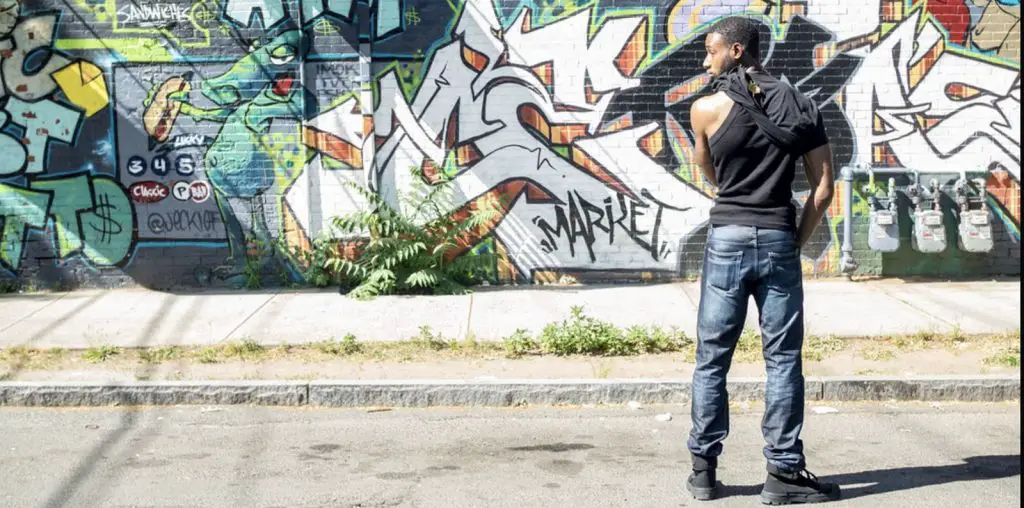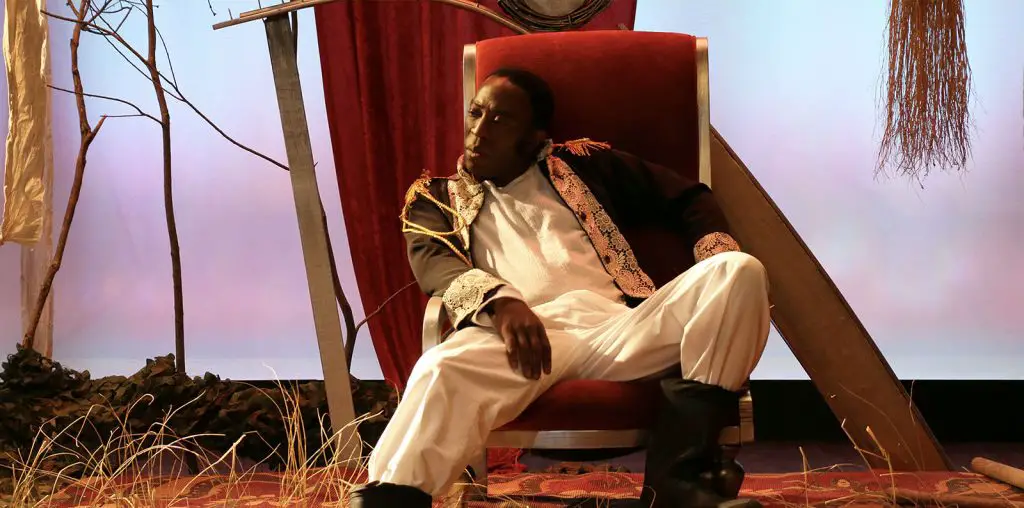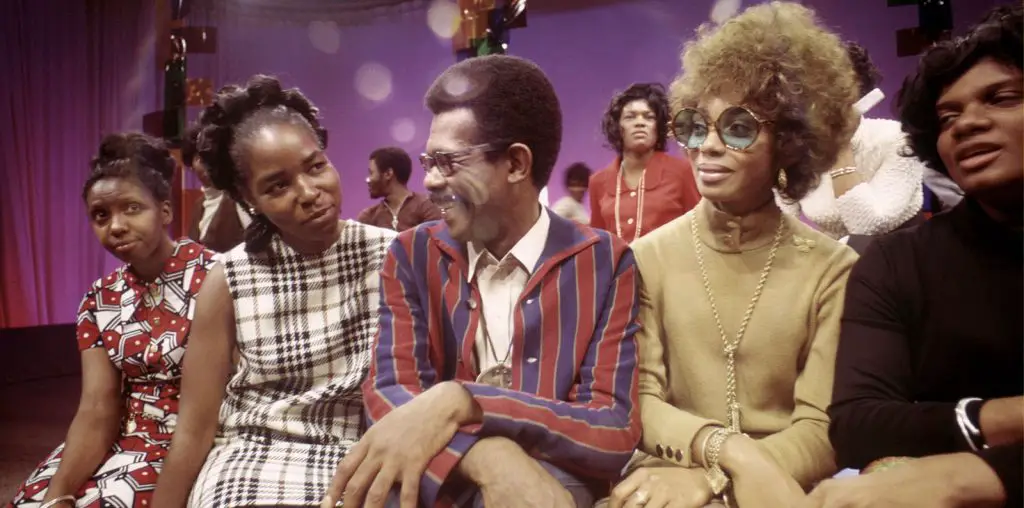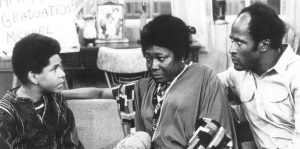
One of Spike Lee’s most overlooked films, 2000’s Bamboozled, ends with a series of clips from early movies and television shows featuring Black caricatures as they were represented in the industry. Eight years prior, director Marlon Riggs took a deeper dive into some of those very same clips with his documentary, Color Adjustment, which looks at four decades of the televised depiction of Black people and the resulting impact on culture and race relations.
There’s little that has not been covered since it first aired in 1994 on public broadcasting. However, Riggs’ unobtrusive, straightforward approach manages to still resonate decades after its initial release and serves as an excellent primer for deconstructing just how ill-equipped the entertainment industry was to showcase minorities.
Released two years after the Rodney King verdict led to an uprising, Color Adjustment clearly contrasts the portrayal of early Black television characters against the emerging social unrest taking place across America in the 1950s and 60s and serves as a timely reminder of just how little progress has been made. Sadly, the same could be said today.
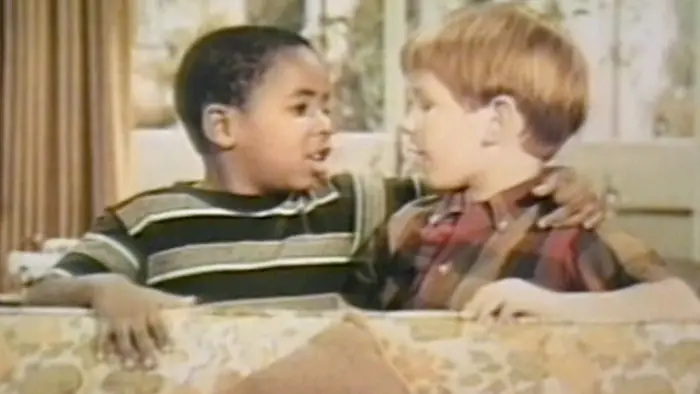
“…clearly contrasts the portrayal of early black television characters against the emerging social unrest taking place across America…”
The film traces racial representation to its earliest televised forms in the Amos n Andy show (adapted from a popular radio program in which two white actors supplied the voices) to the of-the-time depictions on the likes of The Cosby Show. It features not only the actors involved in the shows, but various producers and cultural critics of the time to reveal exactly what impact these shows had on them and the culture at large.
As television patted itself on the back for such progressive moves such as airing Good Times and Cosby, Riggs repeatedly questions if this is positive, when they’d focus on the outrageous minstrel-like performance of JJ or the disconnected scrubbed-down presentation in the fictional Cosby clan.
Color Adjustment reminds us of some heroes in the fight along the way. While still presenting a dapper, debonair (and highly talented) image, Nat King Cole was at least representation in a time where many Black people were facing public violence from racist white mobs, as Riggs demonstrates with footage from Little Rock, Arkansas in 1957.
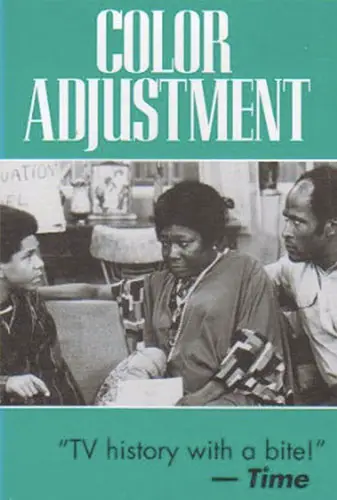
"…the affluent, non-threatening, inoffensive portrayals of Cosby just as easily perpetuated racism through oversimplification."
